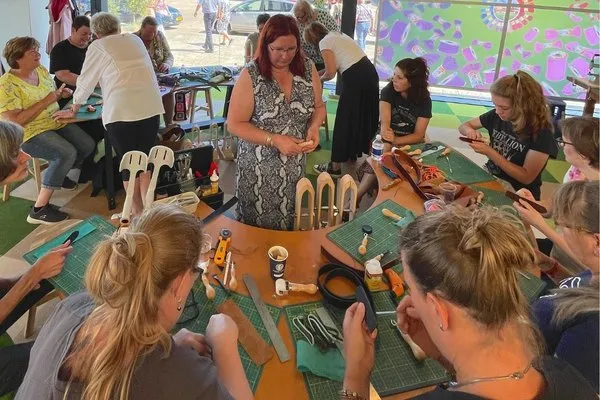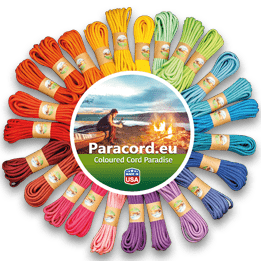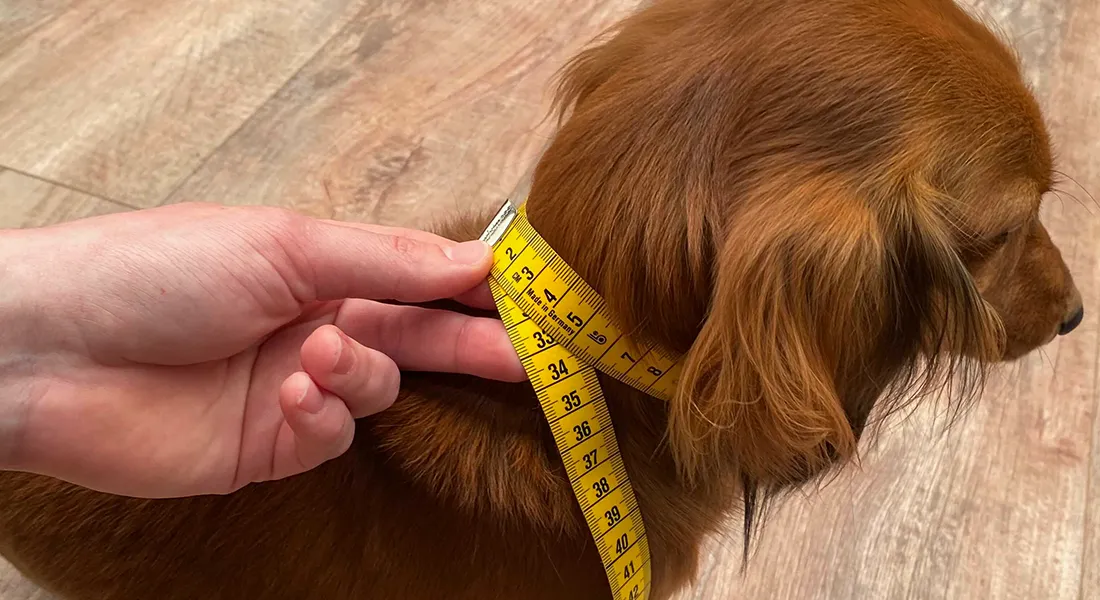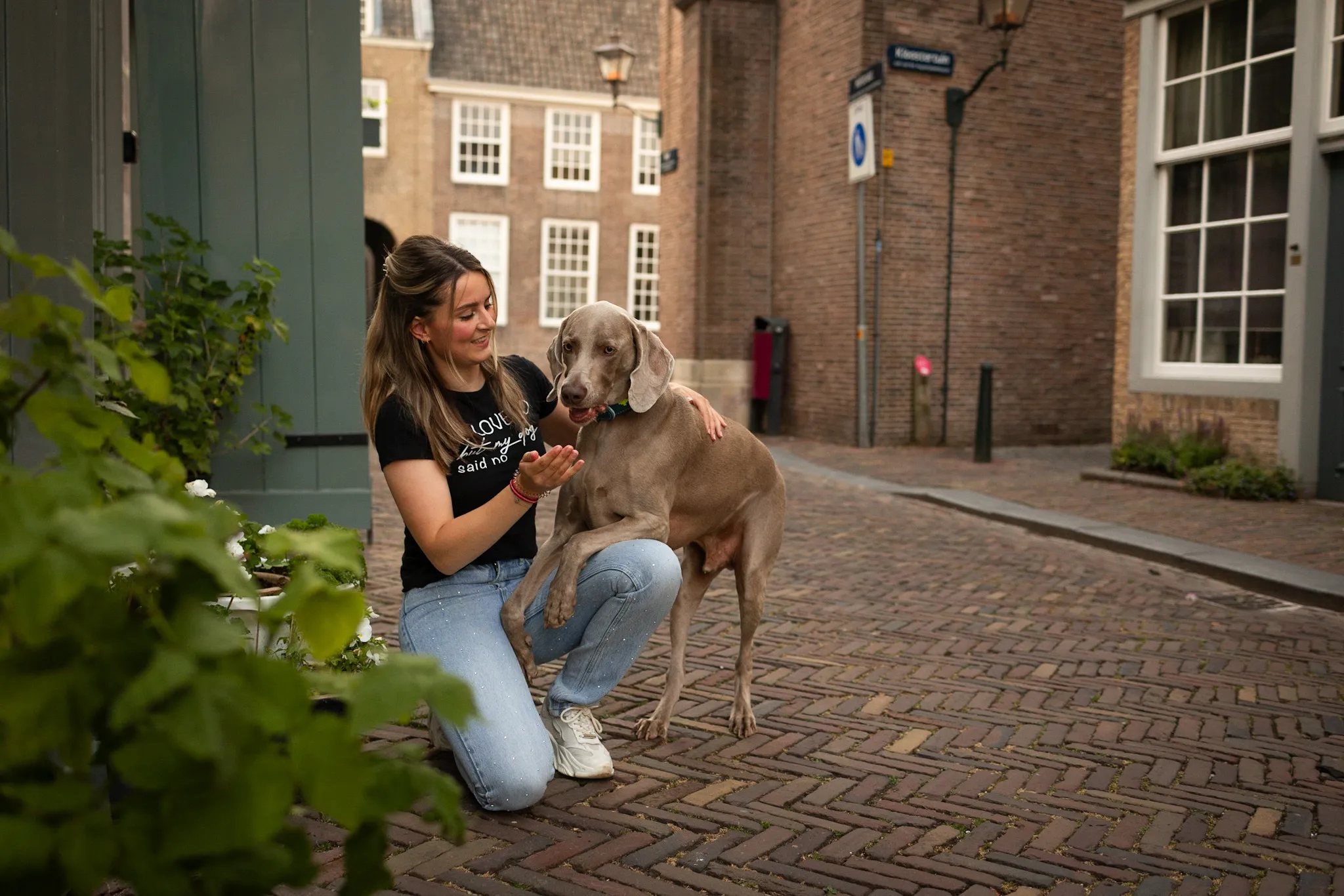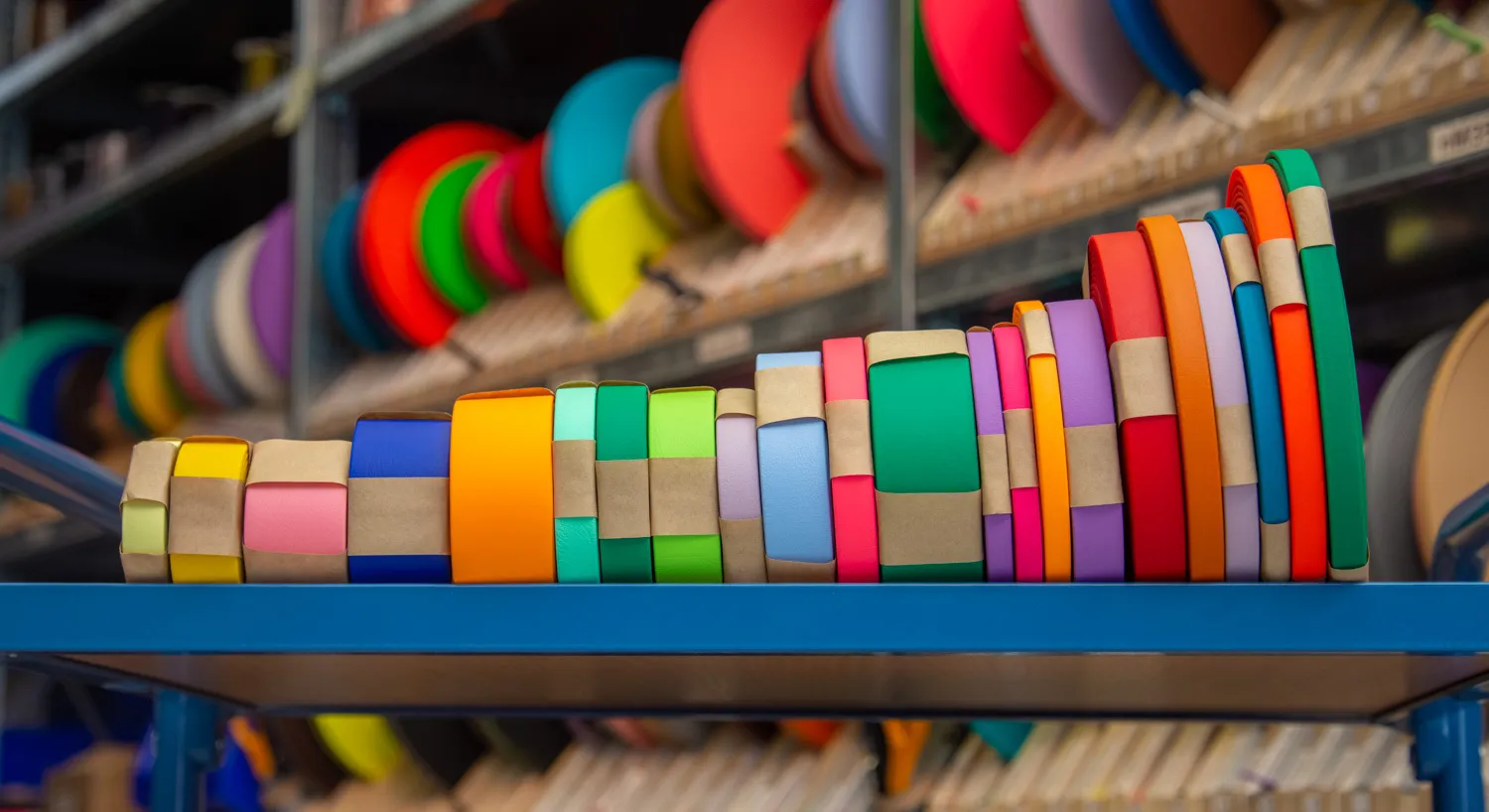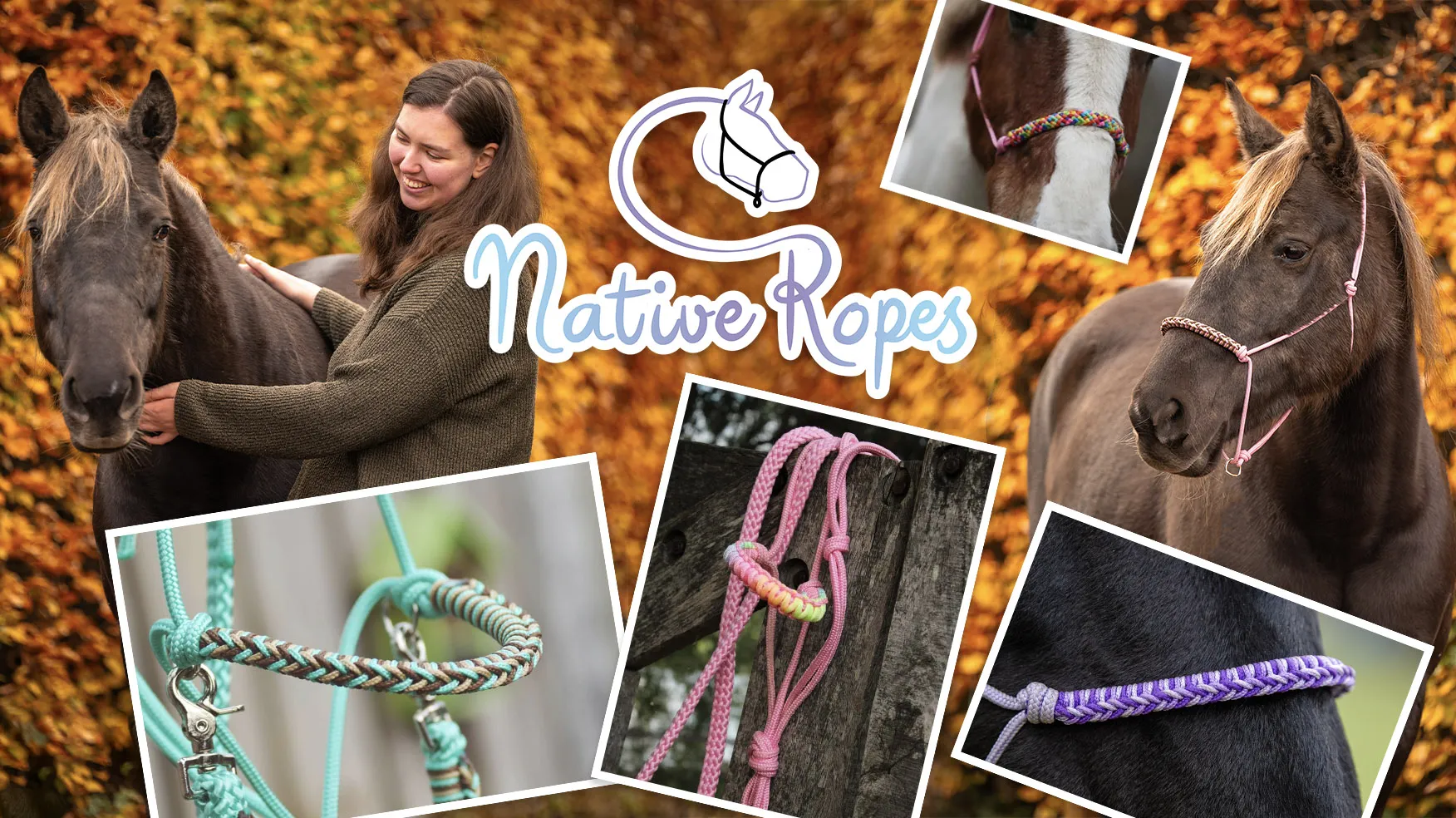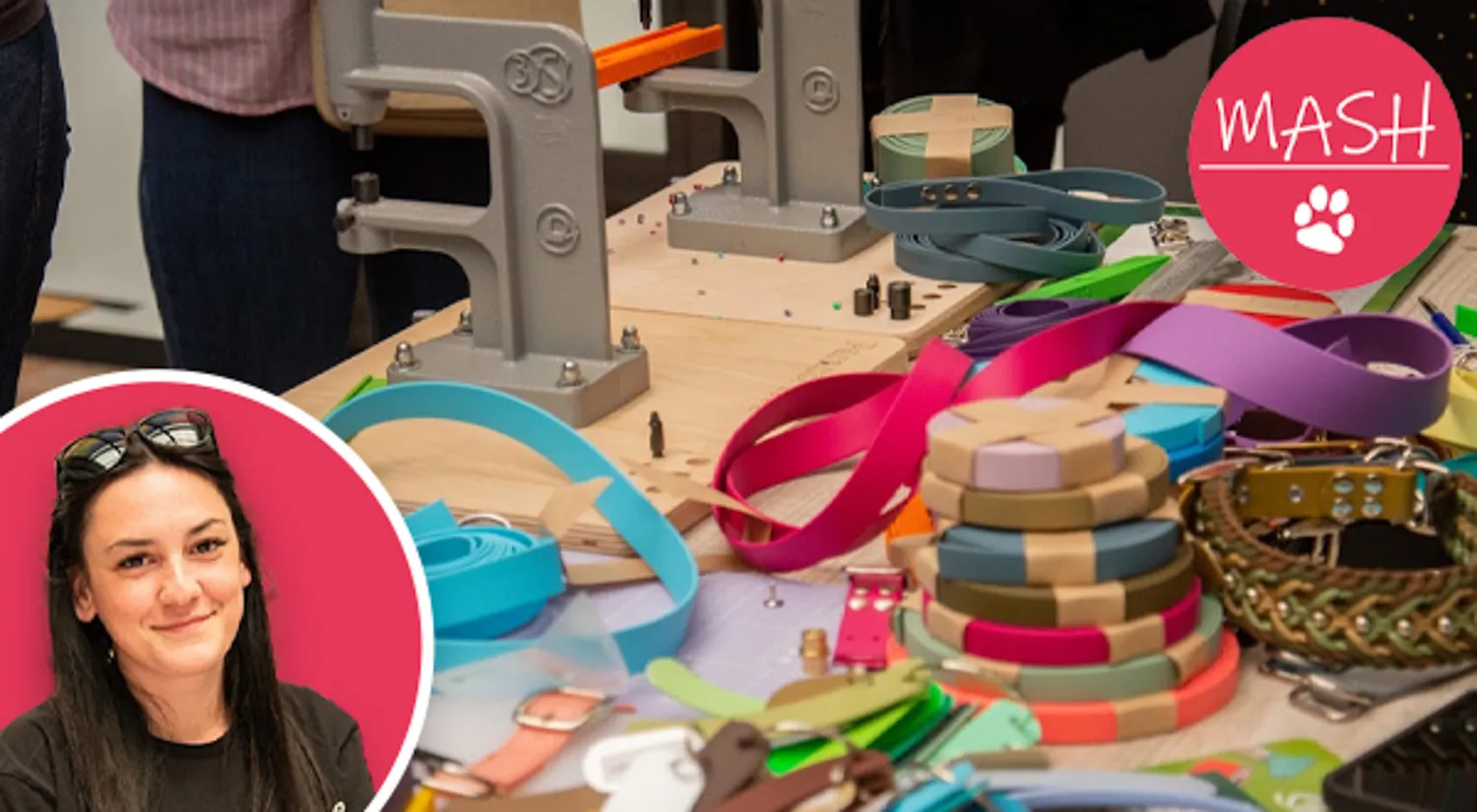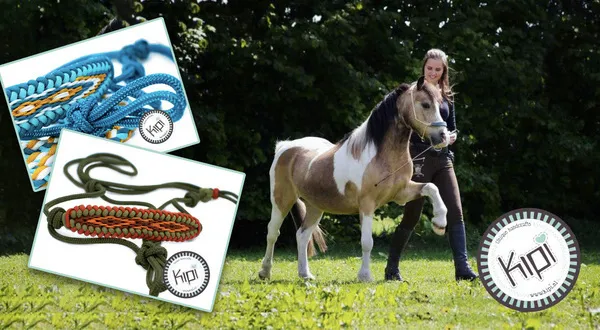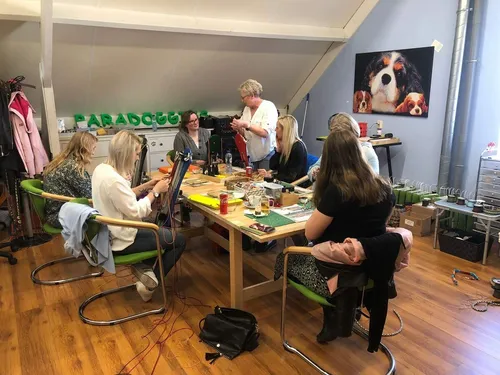Selling handmade products: this is how Evi does it
Evi Nelissen sells her handmade creations of Biothane, leather and paracord through her company Yatzil and is since 2022 also a Paracord.eu ambassador. In this blogpost, she shares how she started her creative company.
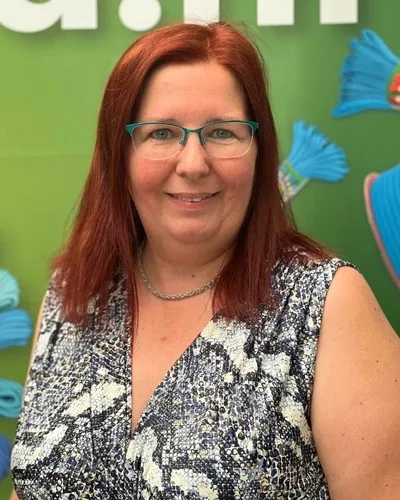 First paracord creations
First paracord creations
In 2018, our dog Qyra came into our family. We did everything together, from the daily walks to going to the dog training together. At some point I thought: I've always liked crafting, I could make my own dog leash as well.
No sooner said than done. The first leashes I made from PPM using Selma needles. Then I tried out paracord. I bought some colours, tried out some patterns and followed workshops given by Helmy Stolwijk. Soon I had an arsenal of collars and leashes that I handed out to family, friends and acquaintances.
Starting a business
I always thought that, in terms of regulations in Belgium, I could not start my own business in combination with my family situation, in which I take care of my son. So for me it would always remain just a hobby.
Until one day I received a tip that it was legally possible to start a secondary occupation and take care of my son at the same time.
First steps
And there you are. You finally have a legal "go", but then what?
Among other things, you have to come up with a business name. The name for my business had to be special, with meaning, a link to my life. I chose "Yatzil", which means 'that which you love' or 'your beloved'.

It was soon clear to me that I wanted to make truly unique creations, gems. Therefore, the choice of the baseline was not very difficult: dé juwelier voor je huisdier (literally: "the jeweller for your pet"). Of course, you also need a logo, which I chose to make myself.
Questions to answer
Getting the paperwork done is not that difficult. But there are a lot of questions you need to answer.
Who is your target group? What do you want your company to look like? What do you want to sell and what don't you want to sell? Where do you want to sell the products and what quantity do you want to sell? How much time do you want to put into your business?
Finding your own niche
For me, it was important that Yatzil would really remain a hobby. I would only spend one weekend day working on orders. But knotting paracord products is very time-consuming, so you can't finish many orders in one day.
I noticed that there were more people around me who had discovered the world of paracord. In the meantime, I myself had gotten to know the advantages of Biothane and to be honest, I only wanted Biothane products for my own dogs. This all played into the decision to focus on working with Biothane.
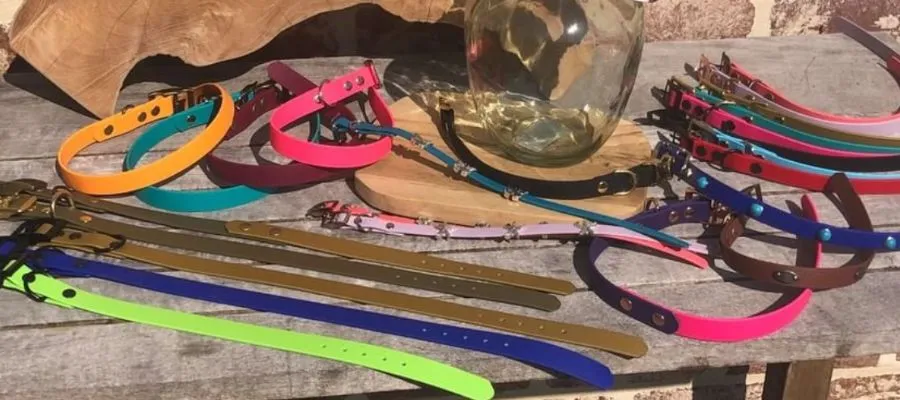
Good. I had a name and logo, knew which materials I was going to use and I also had suppliers. There is a wide range on the market, but I have chosen to always buy materials of which I can find out the technical details. I always want to be able to give my (potential) customers well-founded advice.
Financial decisions
Then there are other, more specific questions. What colours do you want to offer? What sizes do you offer? How much stock do you keep? I started small and had decided not to invest my own funds in Yatzil in the long run.
I put a small starting capital on an account to buy materials for the first orders. After that, I would only buy materials with the money I earned.
This is possible because I do not pay myself a salary. I have a steady job from which I can live. Yatzil is a hobby and I can put my creativity into it. With what I earn, I buy new materials, invest and learn.
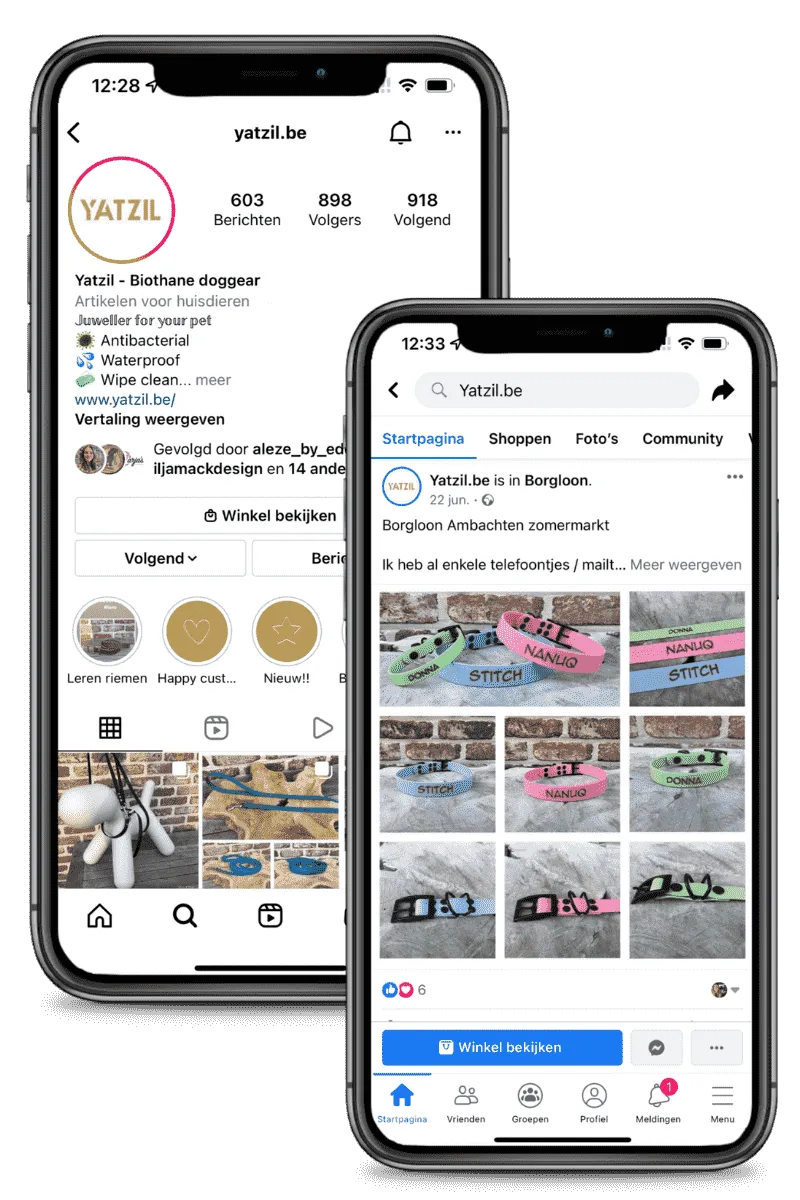 Creating awareness
Creating awareness
Another decision you have to make is how you want to sell your products. A physical shop was no option for me, I have neither space nor time to open a shop.
During the corona period, I jumped on the 'social media bandwagon'. I made a facebook and instagram page and asked my friends to like these pages. I took photos of every product I sold and put them online. And surprisingly, the pages started to take off and were liked and shared.
This is a great way to create free exposure. You can also place paid advertisements, but I don't do that. If you are very active on social media, post the right photos and use the right tags, your reach can grow a lot.
Social media and a website
I am well aware that I could get more out of social media. But I just don't have enough time.
I do try to plan a post every day. Yes, plan! When my posts are published, I am usually cooking. But there are all kinds of tools like Hootsuite and Facebook Business Planner to plan your posts in advance for the times you want to publish them.
Apart from the social media pages, I also have a webshop. Because I am a graphic designer by profession, I was able to build this myself. I also get a lot of orders through this site.
I don't think I would have created a site purely for the purpose of creating awareness if I had not been able to build it myself. You'd be better off expanding your social media channels for more reach. It is, of course, useful as an overview of all products and business information.
Profit and development
The business exists, you have a stock, the customers know where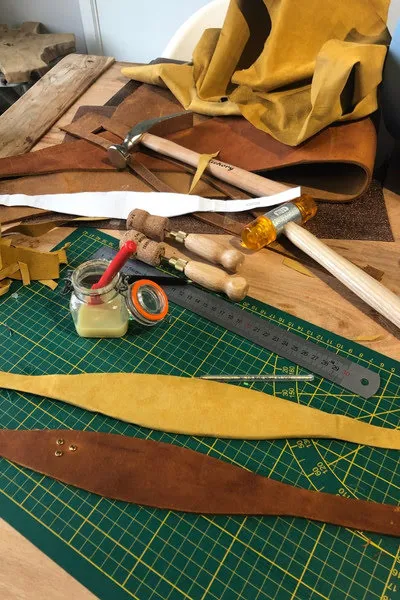 to find you - that is what you want to achieve. But you also have to deal with the less pleasant side of running a business: bookkeeping, tax returns, invoicing.
to find you - that is what you want to achieve. But you also have to deal with the less pleasant side of running a business: bookkeeping, tax returns, invoicing.
I always say that for me it is not about profit. But actually, that is not entirely true. Because with what I earn, I want to make Yatzil grow, make better products, discover new materials and try new things. And all these things cost money.
For me, being creative is more than just making a collar or leash. I like to try new things, test materials and create new designs. Some experiments succeed, others fail. And when they fail, the money you have invested is gone. So to be able to do that, I actually do need sufficient revenue.
Thanks to Yatzil, I started a course on leather working in September. So the company pays for my education. Yatzil also pays for the purchases of leather and materials for this course. So for me, profit is not important to become richer, but as an investment in the company itself.
"Decide how far you want to go. Make agreements with yourself and respect them."
If I did not have a fixed income, I would probably run the business very differently. Then it would be my profession that I would do with heart and soul, but it would no longer be a hobby.
My advice to everyone is: set your own limits, how far you want to go. Make agreements with yourself and respect them. So that creating really remains enjoyable.
